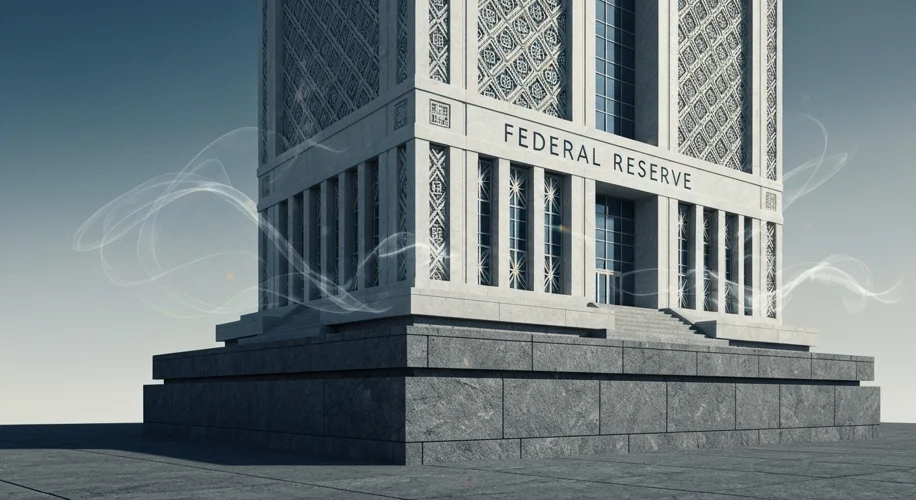It’s August 26th, 2025, and as someone who’s spent decades navigating the complexities of technology and its societal impact, I’ve come to appreciate the delicate balance required for systems to function smoothly. This principle extends beyond silicon and code; it reaches deep into the institutions that govern our economy.
Lately, there’s been talk about the Federal Reserve – our central bank – and the potential for political interference, especially when it comes to removing Fed officials. This isn’t just an abstract economic debate; it has real-world consequences for all of us.
Think about it. The Federal Reserve’s main job is to keep our economy stable. It does this by managing interest rates and the money supply. To do this effectively, it needs to make decisions based on economic data and long-term stability, not short-term political pressures. If Fed officials feel they could be removed for making unpopular but economically sound decisions, it can create a chilling effect.
Imagine a tech company where engineers are afraid to report bugs or suggest necessary system upgrades because they fear being fired by management focused only on quarterly profits. That company wouldn’t last long. Similarly, if the Fed starts worrying more about political fallout than economic health, it can lead to poor policy choices. This could mean interest rates that are too high or too low, which can hurt job growth, savings, and the overall cost of living.
Historically, countries with independent central banks have tended to have lower and more stable inflation. This independence is like a guardrail, protecting economic decision-making from the ebb and flow of political cycles. It allows the Fed to plan for the long haul, focusing on sustainable growth rather than immediate political wins.
When political figures suggest removing Fed officials who disagree with them, it raises a crucial question: are we prioritizing political expediency over economic stability? My experience in the tech world has shown me that long-term success often comes from allowing experts to do their jobs without undue interference. The same logic applies to our central bank.
The potential consequences of politicizing the Fed could be significant. It could lead to economic uncertainty, making it harder for businesses to plan and for individuals to feel secure about their financial future. It might also erode public trust in a key institution.
From my perspective, maintaining the Fed’s independence is vital. It’s not about shielding the Fed from accountability, but about ensuring its decisions are guided by data and a commitment to economic well-being, free from the pressures of partisan politics. This independence is a cornerstone of a healthy and resilient economy.

